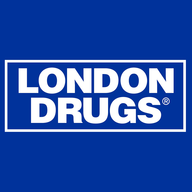
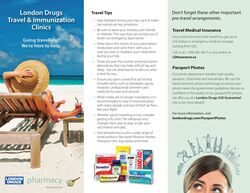


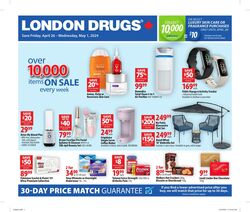



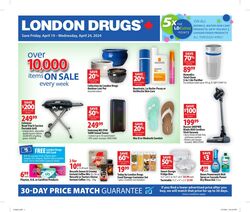
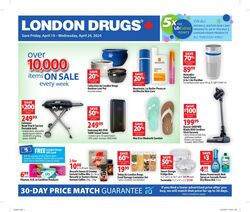
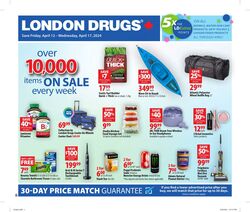

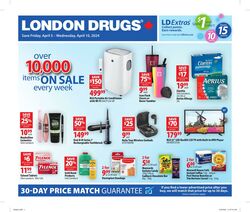
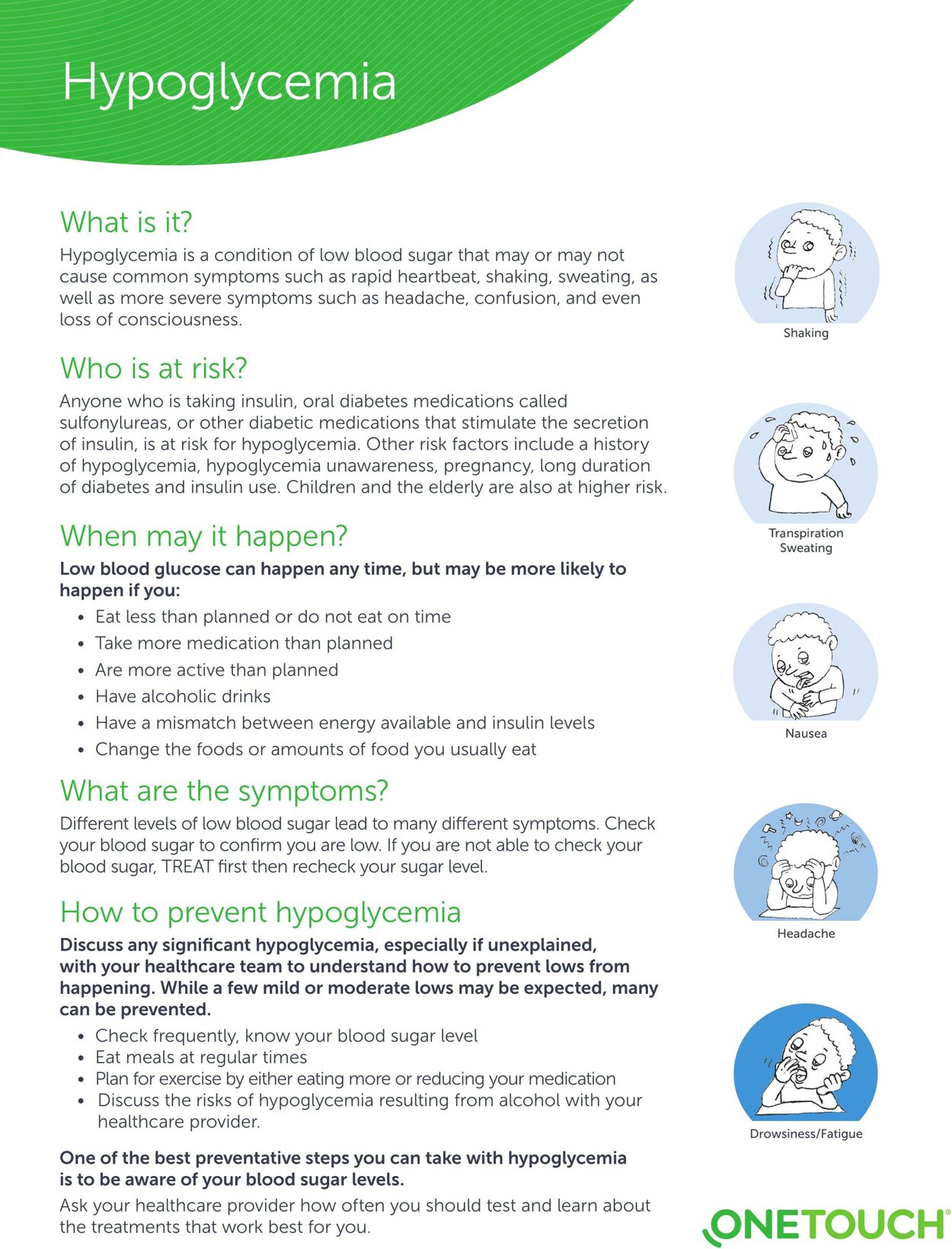
Les produits de cette circulaire
Hypoglycemia What is it? Hypoglycemia is a condition of low blood sugar that may or may not cause common symptoms such as rapid heartbeat, shaking, sweating, as well as more severe symptoms such as headache, confusion, and even loss of consciousness. Who is at risk? Anyone who is taking insulin, oral diabetes medications called sulfonylureas, or other diabetic medications that stimulate the secretion of insulin, is at risk for hypoglycemia. Other risk factors include a history of hypoglycemia, hypoglycemia unawareness, pregnancy, long duration of diabetes and insulin use. Children and the elderly are also at higher risk. When may it happen? Low blood glucose can happen any time, but may be more likely to happen if you: + Eat less than planned or do not eat on time - Take more medication than planned * Are more active than planned + Have alcoholic drinks + Have a mismatch between energy available and insulin levels + Change the foods or amounts of food you usually eat What are the symptoms? Different levels of low blood sugar lead to many different symptoms. Check your blood sugar to confirm you are low. If you are not able to check your blood sugar, TREAT first then recheck your sugar level. How to prevent hypoglycemia Discuss any significant hypoglycemia, especially if unexplained, With your healthcare team to understand how to prevent lows from happening. While a few mild or moderate lows may be expected, many can be prevented. + Check frequently, know your blood sugar level + Eat meals at regular times + _ Plan for exercise by either eating more or reducing your medication + Discuss the risks of hypoglycemia resulting from alcohol with your healthcare provider. One of the best preventative steps you can take with hypoglycemia is to be aware of your blood sugar levels. Ask your healthcare provider how often you should test and learn about the treatments that work best for you. KR Shaking e n el 6 D dv = Transpiration Sweating Headache Drowsiness/Fatigue ONETOUCH
| Nom | Détails |
|---|